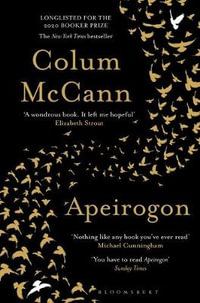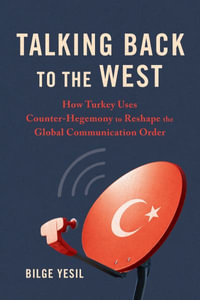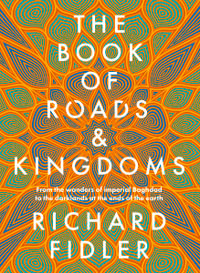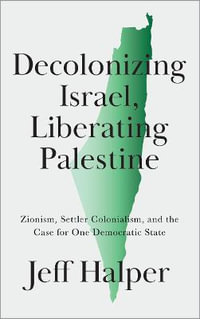
Oil Money
Middle East Petrodollars and the Transformation of US Empire, 1967-1988
By: David M. Wight
Hardcover | 15 January 2021
At a Glance
Hardcover
RRP $99.00
$71.25
28%OFF
or
In Stock and Aims to ship in 1-2 business days
ISBN: 9781501715723
ISBN-10: 1501715720
Series: The United States in the World
Published: 15th January 2021
Format: Hardcover
Language: English
Number of Pages: 360
Audience: General Adult
Publisher: Cornell University Press
Country of Publication: US
Dimensions (cm): 23.5 x 16.5 x 3
Weight (kg): 0.62
Shipping
| Standard Shipping | Express Shipping | |
|---|---|---|
| Metro postcodes: | $9.99 | $14.95 |
| Regional postcodes: | $9.99 | $14.95 |
| Rural postcodes: | $9.99 | $14.95 |
How to return your order
At Booktopia, we offer hassle-free returns in accordance with our returns policy. If you wish to return an item, please get in touch with Booktopia Customer Care.
Additional postage charges may be applicable.
Defective items
If there is a problem with any of the items received for your order then the Booktopia Customer Care team is ready to assist you.
For more info please visit our Help Centre.
You Can Find This Book In
This product is categorised by
- Non-FictionPolitics & GovernmentInternational Relations
- Non-FictionHistoryGeneral & World History
- Non-FictionHistoryRegional & National HistoryAsian HistoryMiddle Eastern History
- Non-FictionEconomicsInternational Economics
- Non-FictionHistoryEarliest Times to Present Day20th Century History from 1900 to 2000Post War 20th Century History after 1945
- BargainsNon-Fiction BargainsBusiness, Finance & Self Help
- BargainsNon-Fiction BargainsHistory Bargains























